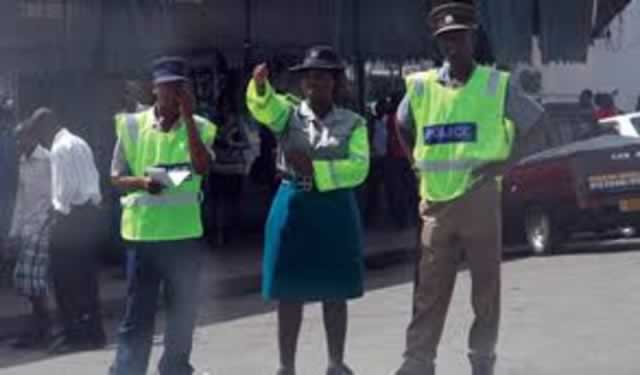Editorial Comment: Equip police to enforce traffic laws

Senate is debating road safety through a motion moved by Dr Olivia Muchena this week but while correctly attributing the high rate of accidents to a culture of ignoring the law, the senator wanted amendments to the Road Traffic Act to allow greater sentences for traffic offences.
We think the problem is not so much the Act, which can be remarkably harsh in its present form, but a lack of resources for full enforcement of the Act.
The penalty for driving under the influence of alcohol, a common offence on our roads every night, is loss of the driver’s licence for a year, and generally a stiff fine although a jail term can be imposed.
This is in line with the law in many other countries which have succeeded in keeping drunks off the road.
The problem is that it is rarely imposed in Zimbabwe simply because the police are short of manpower for enforcement and even where there are police traffic patrols at night, they are not equipped with breathalysers.
In a country such as Britain, where anyone foolish enough to drive after a couple of drinks has at least a 50 percent chance of being caught and losing their licence for a year, gangs of police roam with suitable equipment stopping and testing drivers.
It is the same with going through a red traffic light.
There was a brief time when the police took such offenders to court on negligent driving charges and the magistrate had no problem imposing a jail sentence suspended so long as suitable community service was done.
There was a sudden drop in such offences.
Now, once again, these offences are more common and at night seem ubiquitous.
Dr Muchena is correct in that the vague chance of a US$20 fine is not nearly so great a deterrent as two weeks of community service, but the option is already on our law books.
Perhaps the court option should be chosen for at least the more serious offences of flouting stop signals.
And for speeding there used to be, many years ago, a refusal to offer admission of guilt fines for serious speeding.
You could have the lower option for 5km/h or 10km/h over the limit, but much more than that you had to see a magistrate on a more serious charge.
There was a lot less speeding.
So we already have the laws. What we need are the resources that will allow the police to use these laws, plus the resources that will allow the courts to assign a small group of magistrates to traffic offences full-time.
One legal change that might prove useful would be the mooted points system.
This would involve awarding points for minor offences, the sort of things we get spot fines for now. But when you reach 10 points, or 20 points or whatever is decided you lose your licence.
This at the very least involves going through the whole process of a provisional test and road test, on the basis that if you make so many little mistakes you probably need to relearn the Highway Code and have a competent examiner see if you can drive correctly.
A point could be awarded for every US$10 of a deposit fine and that would cut back on the minor offences as bad drivers start worrying about their total.
The three serious offences that cause easily the most deaths — drinking, speeding and failure to obey stop signals — need more resources: breathalysers for police patrols and road blocks, more speed radars, including those automatic ones that cause so much debate in advanced economies, and more monitoring of traffic lights and stop signs, even using automatic cameras as was once tried.









Comments